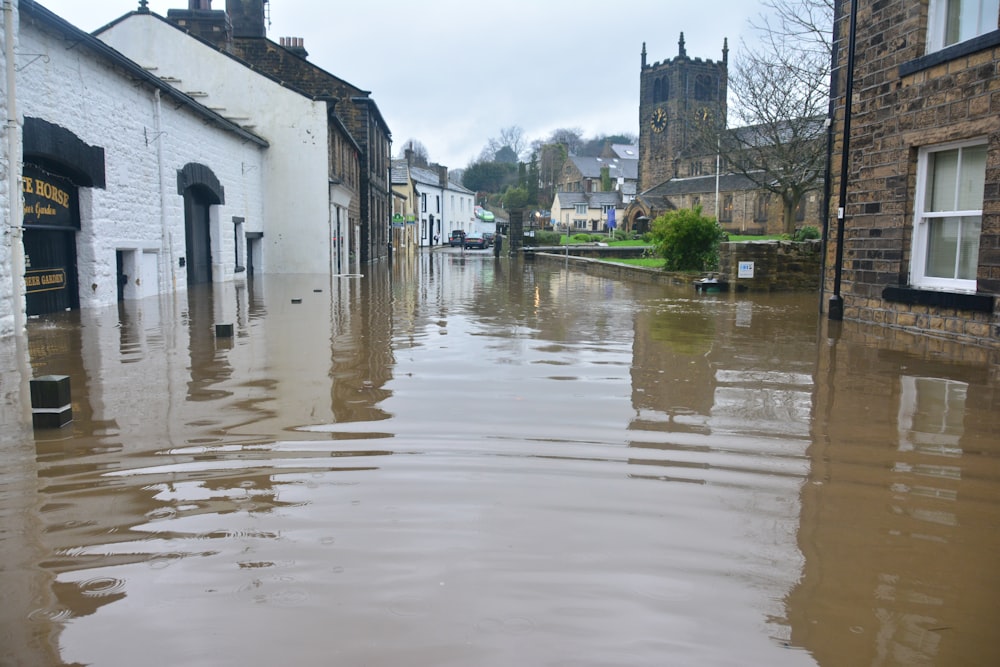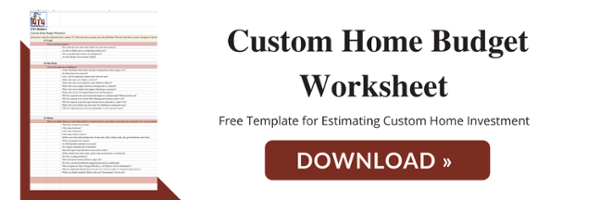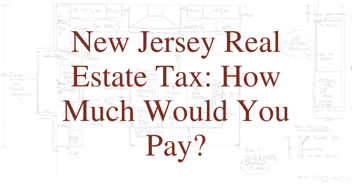4 Min Read
The Best Home Insurance Companies in New Jersey
Whether you're building a home or buying a pre-existing home, very likely home insurance will play a role in the experience. If you're getting a mortgage, your lender will require you to pay for a home insurance policy. Even if you're not getting a mortgage, home insurance in NJ is still important. Knowing how NJ home insurance can protect you from financial disaster, and which companies offer the best homeowners insurance in NJ, can help you decide whether to get a policy and from what company.
Why is Home Insurance Important?
Home insurance is your key to repairing or rebuilding in the event of a covered disaster. Some commonly covered events include:
- Fire
- Hail
- Lightning
- Wind
Policies pay to replace belongings, repair or rebuild damaged structures and pay for your lodging if you are evacuated from your home or unable to live in your home following a disaster. Home insurance provides important coverage to homeowners in their most stressful moments, following a house fire, a burglary, or a natural disaster. According to the Insurance Information Institute, about 1 in 20 insured homes file a claim every year. Choosing not to pay for home insurance is a gamble that could have devastating consequences.
Moratorium Before a Natural Disaster
In the days or hours before an impending natural disaster, home insurance companies in NJ place a moratorium on new home insurance policies. The moratorium prevents homeowners from buying a policy when damage seems likely. For example, when hurricane Sandy hit the east coast in 2012, many home insurance companies placed a moratorium on new policies 24 to 48 hours before the storm hit. Flood insurance was also difficult or impossible to buy in the hours before hurricane Sandy.
In other words, if you wait until your home is threatened by a potential catastrophe, you might be too late to get a home insurance policy. If you don't have the means to replace your home in the event of a disaster, home insurance can protect you from financial ruin.
What Happens if I Don't Renew My Home Insurance After Getting a Mortgage?
Your mortgage company will require you to pay for home insurance for the life of your loan. If you fail to renew your insurance after getting a mortgage, your lender may force you to pay for a home insurance policy of their choosing. Often these policies are more expensive than policies available on the commercial market, and because the bill will come from your mortgage lender, you'll have no choice but to pay the premium.
Home Insurance Rates NJ

New Jersey can be an affordable place to live, and that's reflected in the home insurance premiums. The national average rate for home insurance is about $2,300, but residents of New Jersey pay an average of $1,750. Your cost will vary depending on where you live, what your credit rating is, features in your home and which risks present the greatest danger to your property.
While the potential for hurricanes can play a role in rates for home insurance in New Jersey, our state is otherwise low-risk, with a notable lack of severe winter weather, tornadoes and earthquakes. Shopping around can help you find an insurance company with rates you can afford and coverage that fits your needs.
Review your coverage every year to ensure your home is adequately protected. Update your insurance policy as you make changes and upgrades. Some home upgrades can actually reduce your rates. Talk to your insurance agent to find out more.
Top 5 Best Home Insurance Companies in NJ
Below are the top 5 homeowners insurance companies in New Jersey.
The Hartford
The Hartford offers home insurance to retirees and millions of AARP members. It's one of the top home insurance companies in New Jersey for people age 50 or older. For people who work less than 24 hours per week, AARP offers members a credit that can help them save money on their insurance.
Amica
Amica insurance company is known for generous coverage levels and good customer support. This home insurance company was placed first on Consumer Reports home insurance list. Amica was named the best homeowners insurance company in New Jersey by Bankrate.com.
Farmers
Farmers insurance is known for providing one-on-one service to customers and a 24/7 hotline that allows clients to file claims at any time of the day. Homeowners with newer properties can take advantage of special discounts with Farmers, so if you've recently built a home or you're thinking about building a home, this is the home insurance policy for you. Farmers Insurance also places a special focus on eco-friendly materials, to allow homeowners to use green materials during the repair or rebuilding process.
Allstate
Allstate offers customers a range of discounts, including a claim-free discount for homeowners who have never had a claim, and a discount for setting up an automatic payment with Allstate. Switching to Allstate gets you a 10% discount, and installing smoke detectors and theft alarms can give you access to discounts as well. Allstate is also known for having an easy claims process that you can kickoff by either contacting your local agent, contacting the nationwide claims center, or by filing a claim on your mobile app.
Nationwide
Nationwide offers a range of insurance types for homeowners who want flood, earthquake and homeowners. In addition to the extra hazards that you can add to your policy, Nationwide protects customers by offering replacement value in their standard rebuilding costs. If you ever have to rebuild your home, a policy with Nationwide can make that process easier overall.
Ready to Build a Custom Home? Contact GTG Builders LLC
Make your new custom home truly great by working with an experienced builder in New Jersey. Have questions about living in NJ? Are you rebuilding your home following a disaster? Call GTG Builders for a consultation about your future forever home.




.png?width=352&name=Rebuilding%20Your%20Home%20After%20an%20Insurance%20Claim%20(1).png)
![Property Taxes in New Jersey [And Why it Matters]](https://www.gtgcustomhomebuilders.com/hs-fs/hubfs/Property%20Taxes%20in%20New%20Jersey%20%5BAnd%20Why%20it%20Matters%5D.png?width=352&name=Property%20Taxes%20in%20New%20Jersey%20%5BAnd%20Why%20it%20Matters%5D.png)